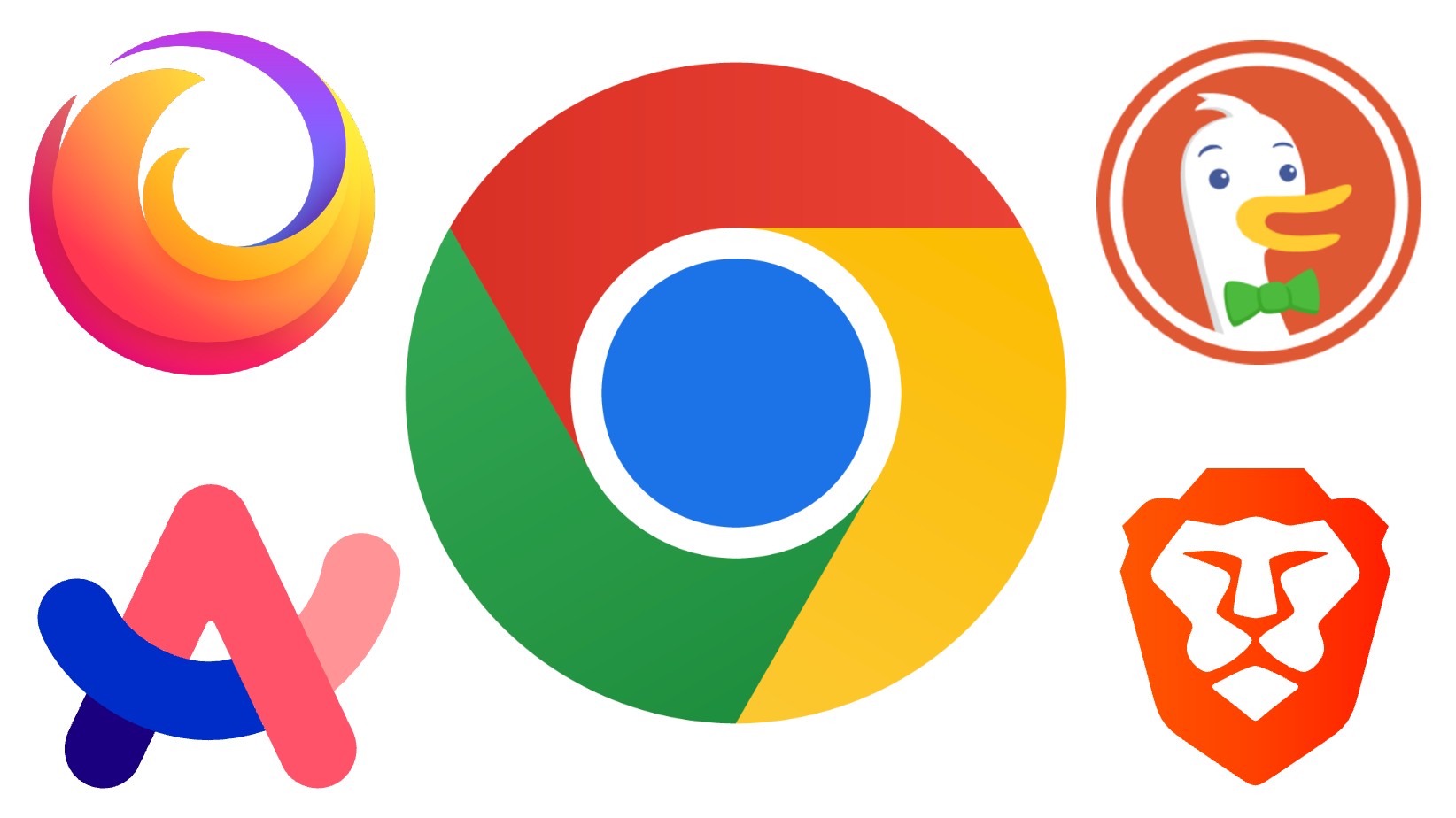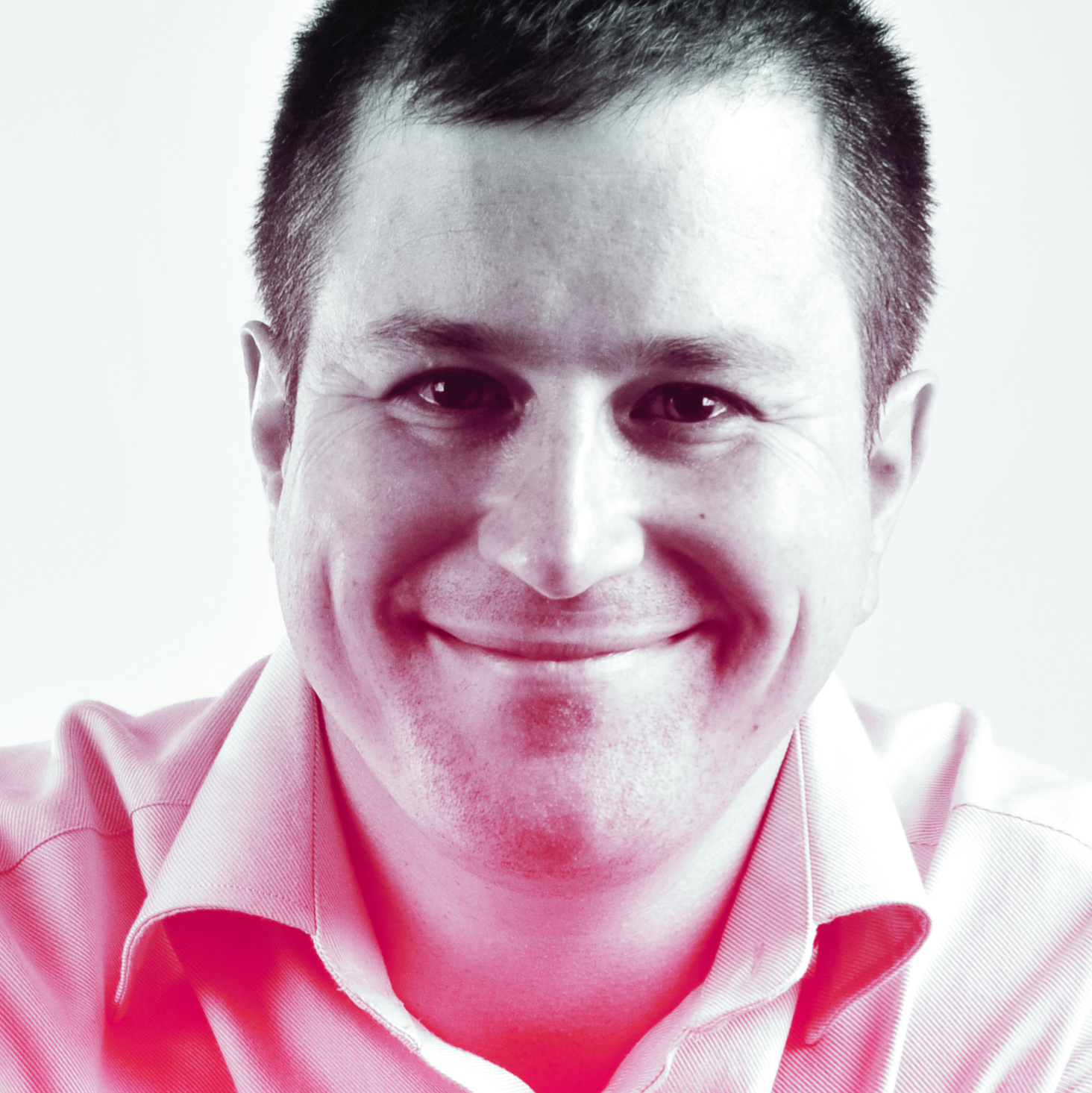
The best camera deals, reviews, product advice, and unmissable photography news, direct to your inbox!
You are now subscribed
Your newsletter sign-up was successful
I've been a Chrome loyalist for decades. And for good reason. The Google web browser syncs everything, works with all my cloud storage, and never really gives me grief.
But lately, Google's been making some subtle changes to how it collects and uses our data, including expanding its tracking capabilities across all devices. And I'm not comfortable with that.
Essentially, Chrome is turning my browser into an advertising delivery system. Not just showing me ads (that I can live with) but actually collecting detailed data about my browsing habits for advertisers.
(Yes, technically Google insists it doesn't sell our personal information to anybody. But it does use the data it collects to personalise services, including ads, so really, that feels like a semantic difference to me.)
Why this matters
Let's boil this down to basics. Every time I'm browsing photography forums, checking out new techniques, or even just looking at inspiration on Instagram, Google is building a detailed profile of my interests, habits, and presumably my income bracket.
As a creative professional, I'm already fighting to maintain some mystery and artistic integrity. Why should my web browser be working against me?
And here's something I hadn't realised about switching browsers: it's actually dead easy. Plus, the alternatives are often better than what you're used to. I've been testing a few options, and honestly, I wish I'd done this sooner.
The best camera deals, reviews, product advice, and unmissable photography news, direct to your inbox!
Firefox has been my gateway drug away from Chrome. It's fast, blocks trackers by default, and doesn't treat my browsing history like a commodity. The interface feels familiar enough that I wasn't fumbling around looking for basic functions, but it's got serious privacy chops under the hood. Plus, it still works with most of my essential extensions.
Brave is like Chrome's privacy-conscious cousin. It blocks ads and trackers automatically, which means my photo research sessions aren't interrupted by intrusive pop-ups. The speed difference is noticeable too – turns out when you're not loading dozens of tracking scripts, pages actually load faster. Revolutionary stuff.
Then there's Arc, which can completely change how you organise your workflow. Instead of having 17 tabs open (we've all done it), it organises everything into spaces. You can have one space for current client work, another for inspiration and research, and a third for admin stuff. It's like having multiple desks instead of one cluttered workspace.
DuckDuckGo's browser deserves a mention too, especially if you're fed up with Google's search results becoming increasingly useless for finding genuine resources. It comes with their private search engine built in, which means you're not getting personalised results based on your previous searches – just actual relevant content.
The benefits I never expected
Here's the thing. Switching browsers will do more than just protect my privacy – it'll probably actually improve my workflow. Without constant tracking and data collection running in the background, my laptop's been running cooler and the battery lasting longer. Who knew?
And the privacy aspect? It's genuinely liberating. I can research new techniques, check out competitor work, or browse gear reviews without feeling like I'm feeding some massive corporate surveillance machine. Because the way I see it, my browsing habits are my business, not Google's product to sell.
Loyalty works both ways
Chrome isn't going anywhere, and Google will keep making it shinier and more integrated with their ecosystem. But for those of us who value our privacy and want a browser that respects our time and attention, there are genuinely excellent alternatives that don't require a computer science degree to use.
The photography world is full of gear decisions: Canon vs Nikon, prime vs zoom, natural light vs flash. But choosing a browser that protects your privacy and improves your workflow? That's one of the easiest upgrades you can make.
I thought Google would always have my loyalty. Turns out, loyalty works both ways, and they stopped earning mine a long time ago.
Tom May is a freelance writer and editor specializing in art, photography, design and travel. He has been editor of Professional Photography magazine, associate editor at Creative Bloq, and deputy editor at net magazine. He has also worked for a wide range of mainstream titles including The Sun, Radio Times, NME, T3, Heat, Company and Bella.
You must confirm your public display name before commenting
Please logout and then login again, you will then be prompted to enter your display name.

